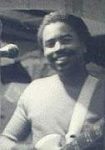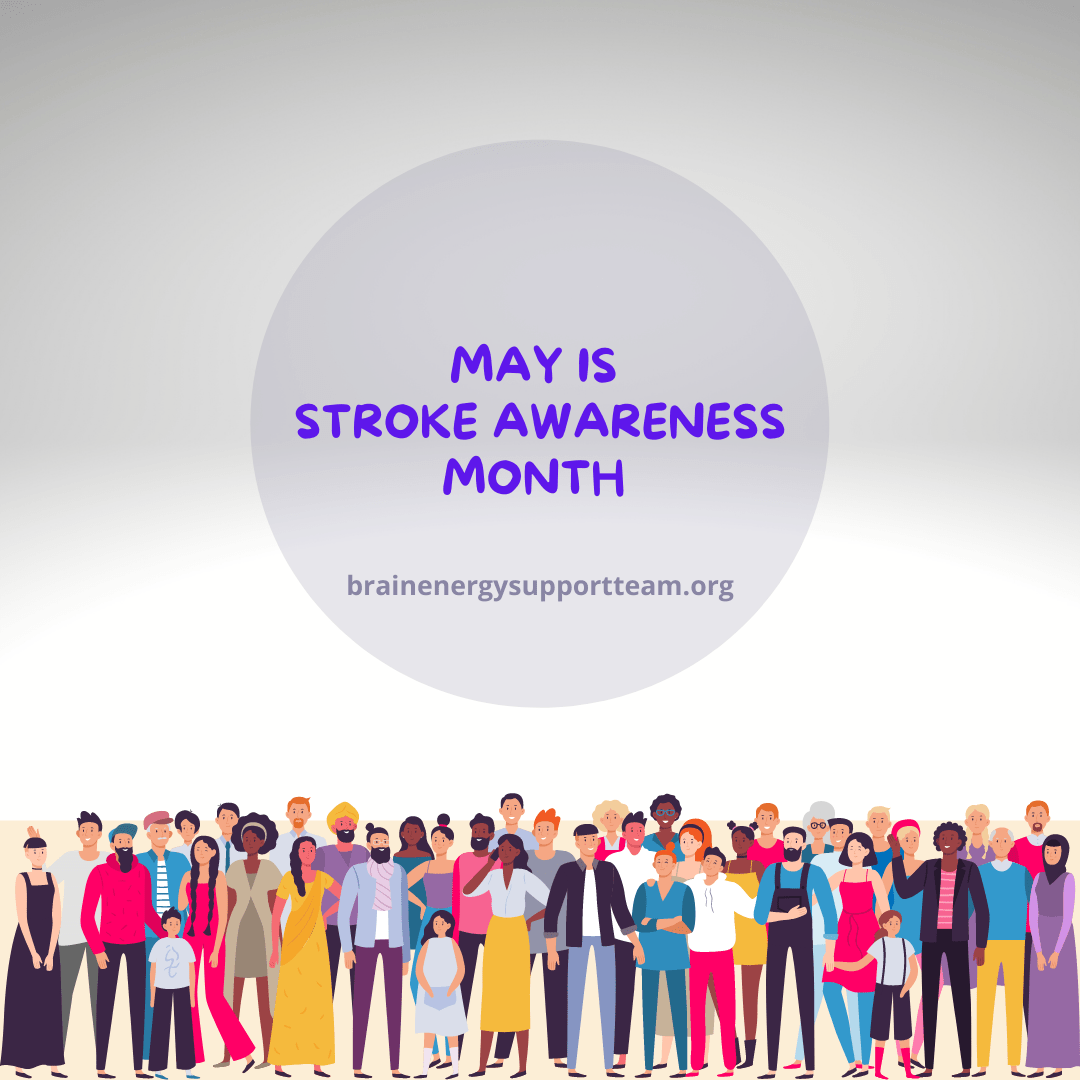(Editor’s Note: Writer and BEST guest blogger, Isaac Peterson, had a teacher who believed in him. Her acts of kindness, care and support made a profound difference in his life. Read his beautiful tribute and reflections below. KT)
With all I’ve written here about my post-stroke life, I don’t know whether I’ve written about this unexpected side effect: my long term memory is fantastic.
I always had a great memory, but now it’s kicked into overdrive.
Memories come to me out of the blue, and in High-Definition quality. I can’t turn it on or off, it just happens. I can remember events in excruciating detail: who was there, where it happened, what someone said and what they wore, even the specific dates sometimes.
At first it was kind of alarming how often events and people from my distant past would just come to mind with no effort at all. I hadn’t thought that going through a massive stroke could leave my long term memory intact, but it has–it’s my short term memory that gives me problems.
I know my memories are accurate since I’ve tested them with people I still know who were part of a particular memory. These people–like my mother–confirm my memories, and are even surprised how I recall details they had forgotten or hadn’t noticed at the time.
But there is one particular memory that just came back that I’ve just got to write about; a very powerful one and one that had a lot to do with the kind of man I became.
I hope you will like this–it’s about something that just came to mind and I’ve just got to write about it.
It happened in Omaha and has to do with me as a second grader at Monmouth Park Elementary School–but more specifically, it’s about my teacher, Mrs. Pennesten.
Mrs. Pennesten was a kindly older woman and she could be quite stern when she needed to be, but she seemed to take a very keen interest in me.
I was a very curious and unrelentingly inquisitive kid. School was my idea of a fun time because it was a place to go to learn stuff, and I did it to the hilt. I had a million questions about everything, both lesson-related and things outside of school. And I would always ask Mrs. Pennesten–and some of those questions weren’t easy ones.
I recall one day asking this: Mrs.Pennesten, how do they get the sound and the pictures on the same film?
She knew the answers to many of my questions, but when she didn’t, she had a standard reply: Well, Isaac, I don’t know. But I’ll find out the answer tonight and explain it tomorrow.
I can still hear her saying it.
And sure enough, the next day she would have something for me. While the other kids went out for recess, Mrs. Pennesten and I would sit and talk and she would tell me what she’d found out. I remember an indescribably good feeling I had once where she told me she enjoyed my questions because they made her learn things and she hoped I’d never stop asking questions.
She took such an interest in me that she would actually come to my house and talk to my parents, not just seeing them on parent-teacher night. One time she told them she wanted to invest in a set of encyclopedias for me. My parents declined her kind and generous offer and bought encyclopedias themselves.
My routine then would be that I would go to school and then come right home and do my homework before dinner. Then after dinner, I would select a volume of the encyclopedia and settle in for the evening.
Yes, I was quite nerdy as a kid.
There were times when I found a subject of particular interest to me and would write a report about it–unassigned. I would take my report to show Mrs. Pennesten and she would have me stand and read it to the class (little did I know she was planting the seed which would grow into an investigative reporter).
Then near the end of the year my father, who was in the Air Force, was transferred to Cheyenne, Wyoming where the Minuteman missile project was based. We were to leave Nebraska the day after the school year ended. I still remember the last day of second grade.
I had my final communication with Mrs. Pennesten that day, and it was a sad day for both of us. The last thing I remember her saying to me was, Isaac, I know when I’m an old lady sitting in my rocking chair I will see on TV or read in the newspaper something about you. I just know you will grow up and go to college and make something of yourself.
It was an emotional parting, but I decided then and there, that if Mrs. Pennesten thought college was a good thing for me, then I was going.
I never saw her again, but I’ve never forgotten her.
When grew up and moved to Minneapolis, with no training or background, I became a journalist, and was soon doing investigative work. At the end of my first year I won my first journalism award–a national level one. I had to go to Dallas to accept it.
It was in a huge event center and it was packed. When they announced my award and I went onstage to accept it, I was informed I’d have to give a speech. They hadn’t told me beforehand, so I had no comments prepared, so I’d have to wing it. So I told the crowd about Mrs. Pennesten, about how much she encouraged me and her prediction about my future and how much she influenced my life and work. I ended with this: I’m here because you folks seem to think I’ve made something of myself. Mrs. Pennesten–we did it!
When I got home I decided to try to find her, and although I was sure she may not remember, I wanted to thank her. The Omaha school district was quite helpful in helping me locate her when I told them why it was important for me to speak with her and let her know about her lasting effect on a little second grade boy.
I learned she was no longer teaching, but I finally found out her first name was Jane.
But it was too late; my dear Mrs. Pennesten was institutionalized with senile dementia. I was not allowed to speak with her, and for that I feel a great sense of loss.
I have tears in my eyes as I write this.
I will never forget her, even after a massive stroke. I can count my blessings and I suppose as long as I keep her in my memory, she will still live in some way. Not many people have a Mrs. Pennesten in their lives. Some stroke survivors didn’t make it through with their memories intact, but I did and she deserves to be remembered.
I think my remembering her is largely because of her interest in me and her encouragement that I’m here to tell you about her.
I think she would have liked that.

Isaac Peterson grew up on an Air Force base near Cheyenne, Wyoming. After graduating from the University of Wyoming, he embarked on a career as an award-winning investigative journalist and as a semi-professional musician in the Twin Cities, the place he called home on and off for 35 years. He also doesn’t mind it at all if someone offers to pick up his restaurant tab. Peterson also welcomes reader comments. Email him at isaac3rd@gmail.com.







